Calories in Beverages, coffee, instant, vanilla, sweetened, decaffeinated, with non dairy creamer
127 calories
Serving Size 2 serving (about 30 g)
There is no photo available for this food item however it should be similar in terms of nutritional content and calorie density as the following items. You can use these for references.
(98% similar)
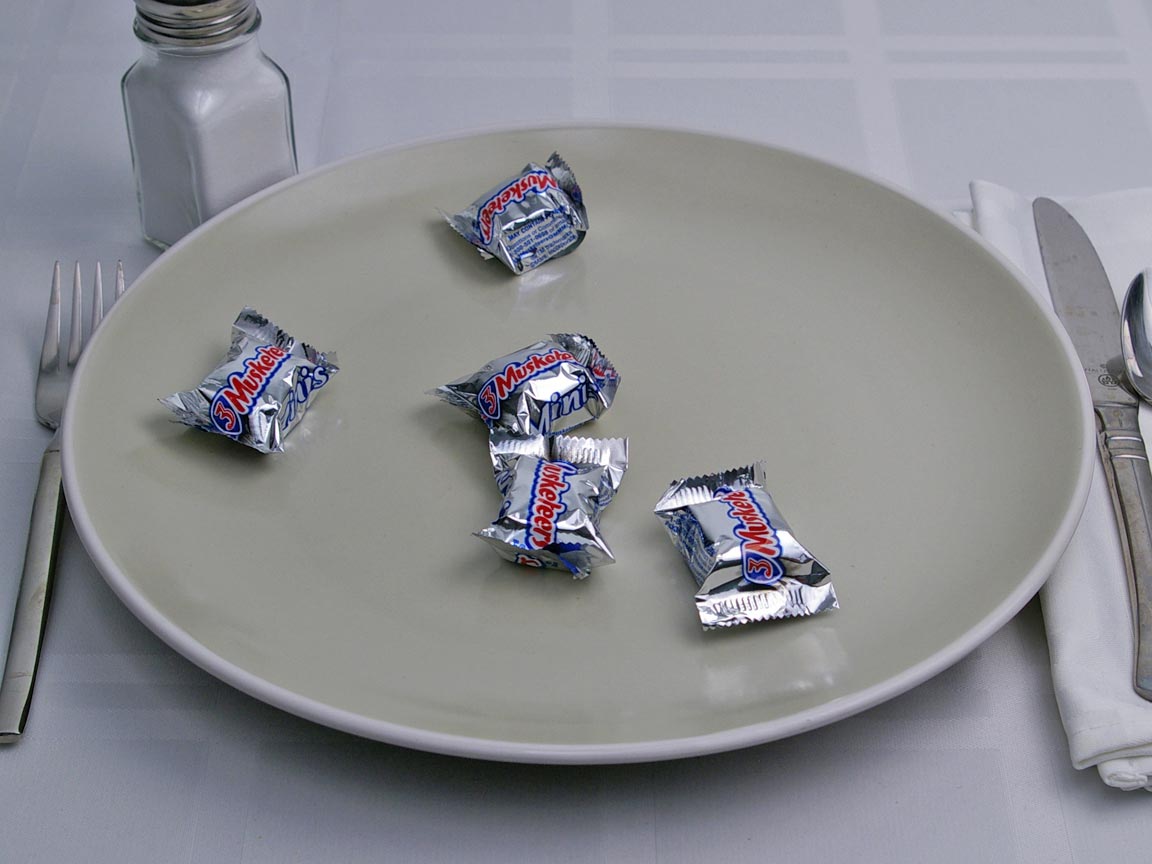
3 Musketeers Mini
(98% similar)
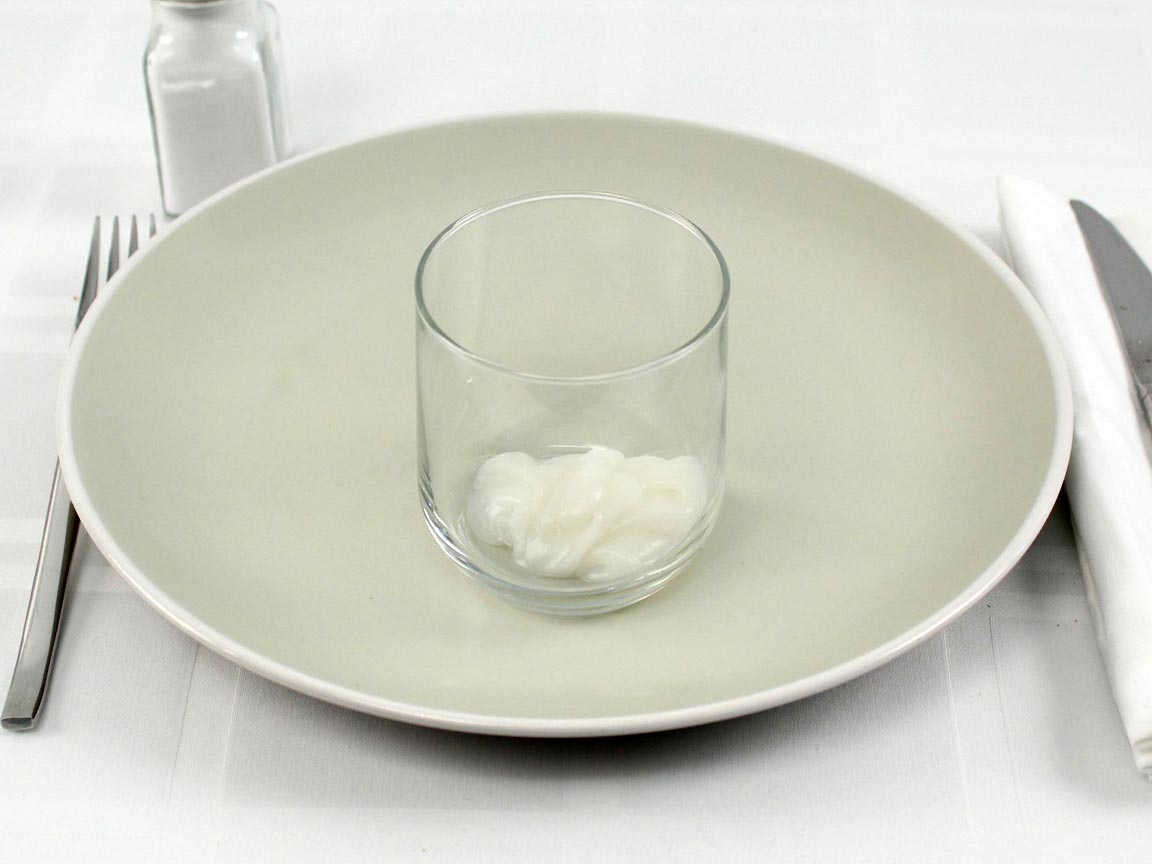
Cream of Coconut
(97% similar)
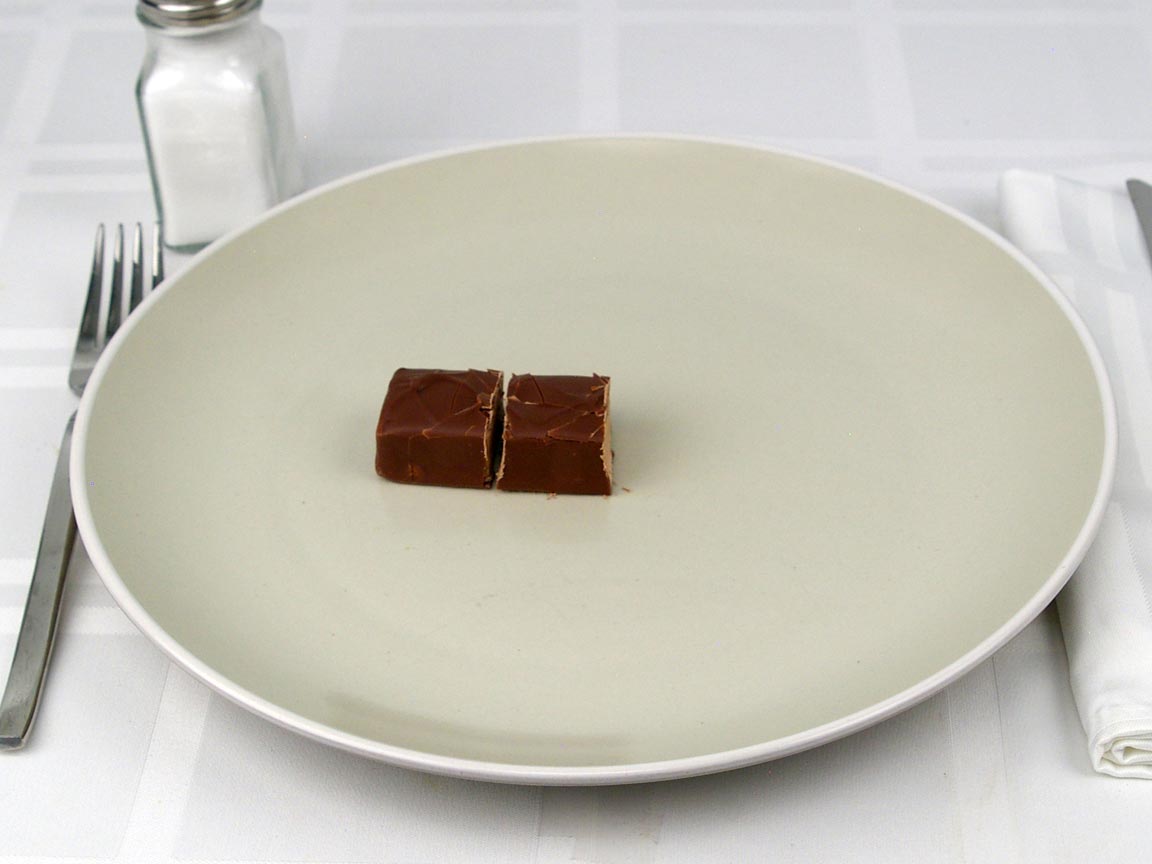
3 Musketeers
(97% similar)
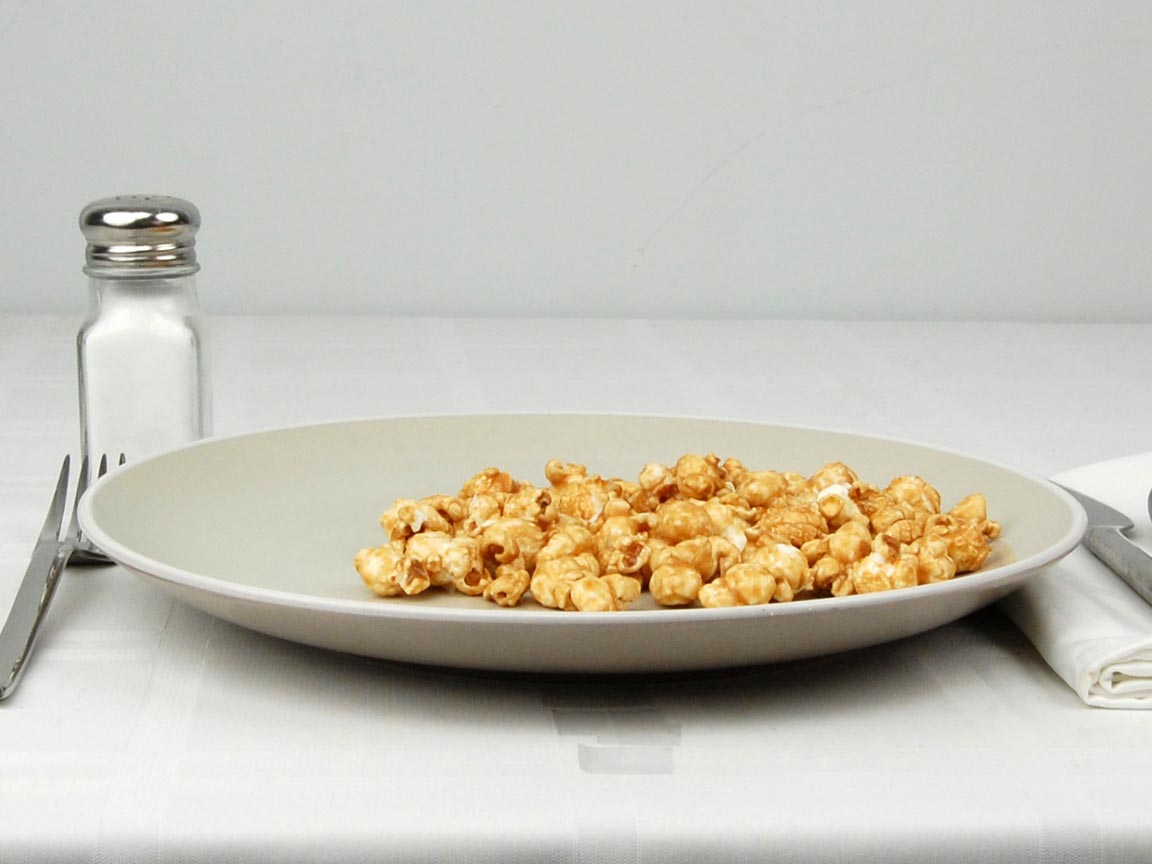
Caramel Popcorn
(97% similar)
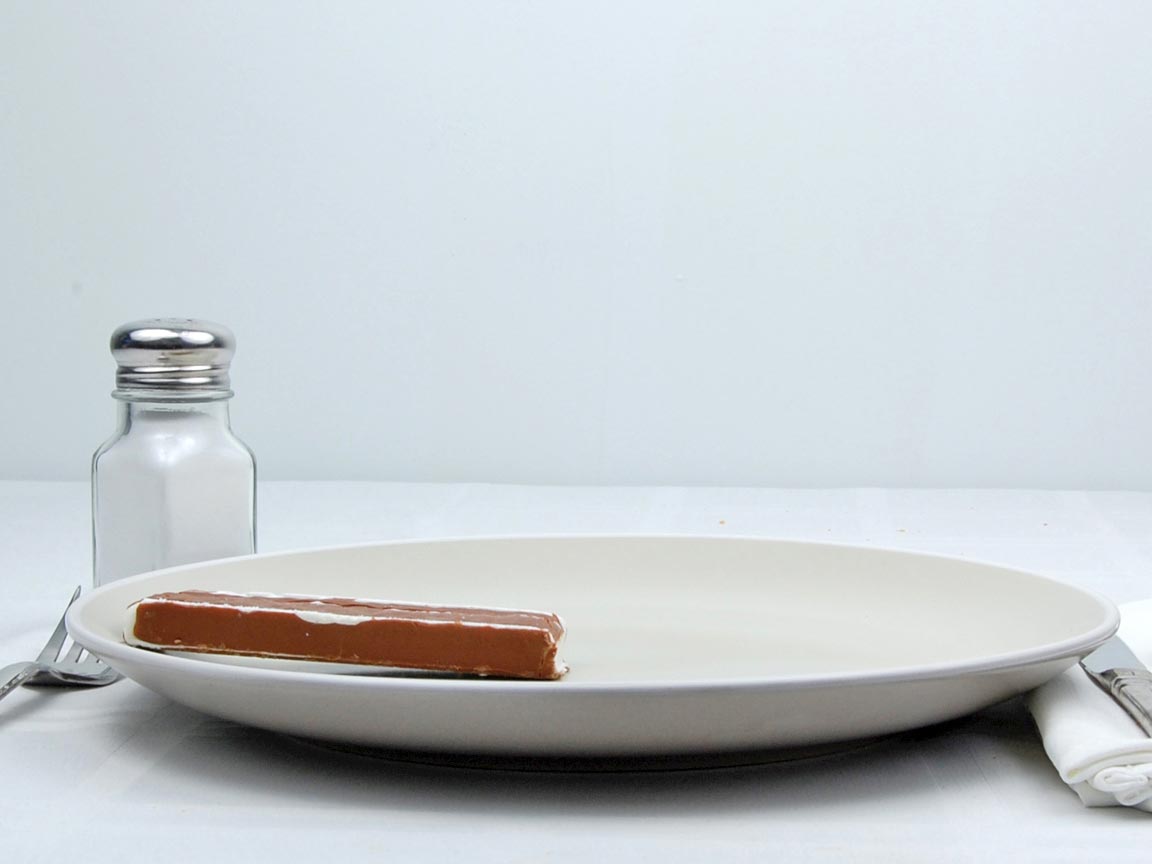
Charelston Chew
(96% similar)
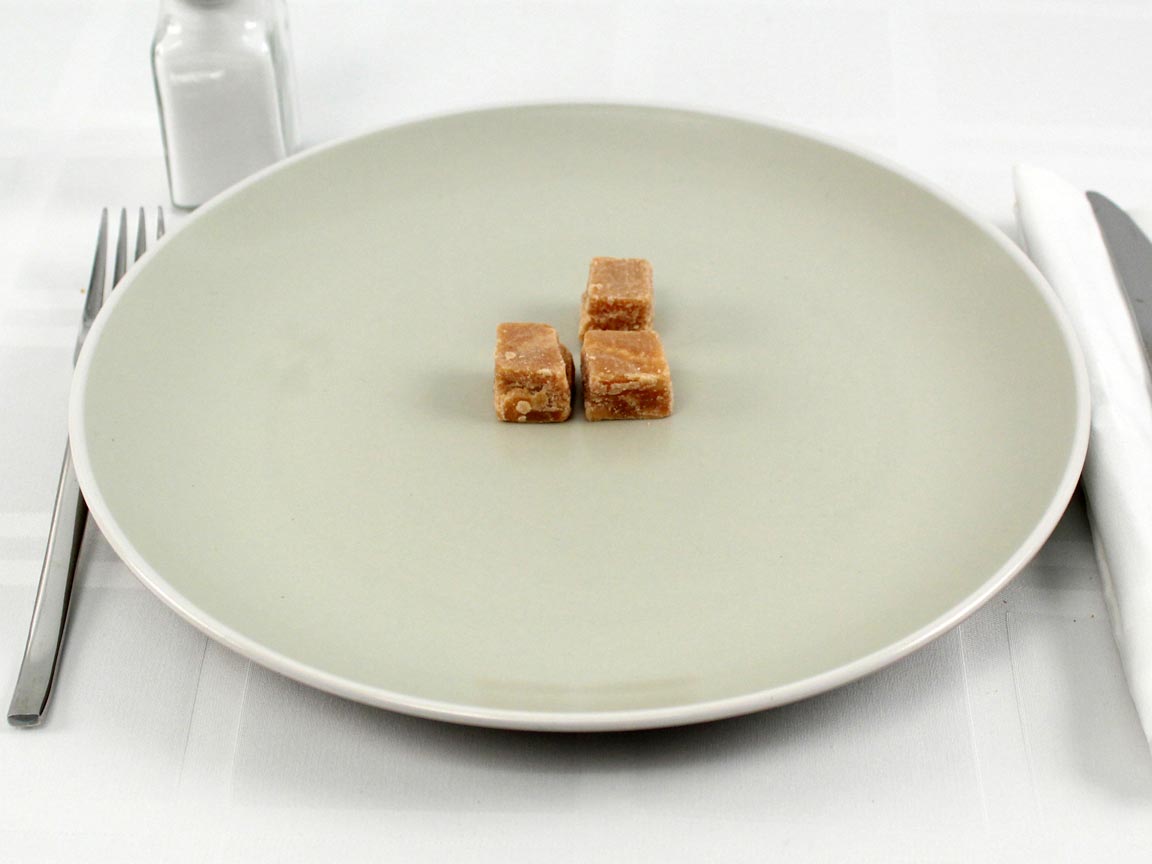
English Butter Fudge
Serving Size 2 serving (about 30 g)
| Amount Per Serving | ||
|---|---|---|
| Calories 127 | Calories from Fat 35 | |
| % Daily Value* | ||
|
Total Fat
3 |
5 |
|
|
Saturated Fat
3 |
15 |
|
|
Trans Fat
0 |
||
|
Cholesterol
0 |
0 |
|
|
Sodium
99 |
4 |
|
|
Total Carbohydrate
25 |
8 |
|
|
Dietary Fiber
0 |
0 |
|
|
Sugars
20 |
||
|
Protein
0 |
||
* Percent Daily Values are based on a 2,000 calorie diet. Your daily values may be higher or lower depending on your calorie needs.
Available portions
Food analysis
High Sodium
Junk Food
High In Sugar
Bad Fat Source
High Calorie Density
There is 127 calories in 30 grams of Beverages, coffee,.
With 461 calories per 100 grams, this food would be considered a High calorie density food.
Be carefull, High calorie density food tends to add up calories quickly and you should be carefull with your portion size if you are trying to lose weight.
Beverages, coffee, is High in carbohydrates, Very Low in proteins and Medium in fats. You can look at the macronutrients graph below for a detailed ratio.
This item has High quantity of carbohydrates and fats. This combinasion is usually indicating that you should stay away from this food labeled as "Junk Food".
With 86 grams of "Net carbohydrates" per 100 grams,
it not safe to consume if you are following a Keto or Ketosis diet.
Related Searches
vanilla
instant
coffee
beverages
sweetened
decaffeinated
creamer
dairy
non
with
Macronutrients split
74.6% Carbohydrates
25.4% Fats
Nutrients and how much we eat of it play an important role on our health and body composition. To learn more on theses, check our blog posts on Proteins, Carbohydrates and Fats.